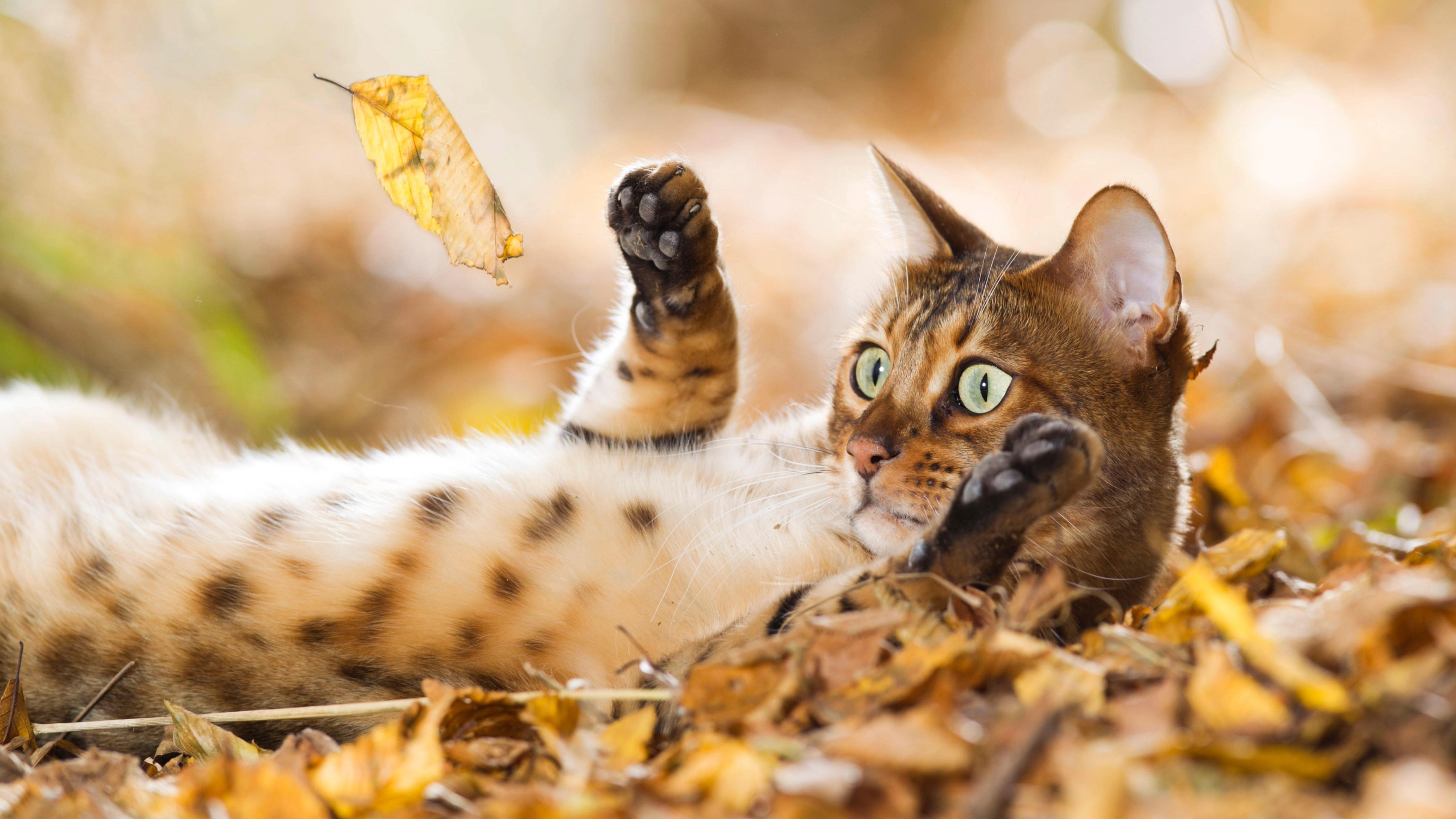“The most important thing is to do a tick check when you get home,” says Iga Stasiak, a wildlife health specialist with the Government of Saskatchewan.
Article content
With spring in full swing and the desire to spend more time outdoors growing by the day, the Leader-Post spoke with an environmental expert on the impacts of ticks on wildlife in Saskatchewan and how to protect your family from potential infection.
Iga Stasiak, a wildlife health specialist with the Government of Saskatchewan, says there are three common species in the province — the winter tick, wood tick and American dog tick — which have the ability to carry diseases that can affect people and wildlife.
Advertisement 2
Article content
Article content
There have also been a handful of black legged tick sightings throughout the province, most known for carrying Lyme disease.
“Fortunately, black legged ticks are still very rare in Saskatchewan,” Stasiak said in an interview. “However, black legged ticks are expanding their range. In recent years they’ve expanded across the midwestern United States and parts of Canada.”
Ticks are typically found in brush, wooded areas, tall grass and leaf piles. When walking around in these areas, Stasiak recommends people wear long sleeve shirts and long pants to prevent ticks from attaching to the skin. She also suggests tucking in shirts and tucking pants into socks to cover any gaps of skin that may show.
Insect repellant with DEET or Permethrin can also help deter ticks.

“The most important thing is to do a tick check when you get home,” Stasiak said. “Some of the diseases transmitted through ticks are not transmitted right away.”
For example, it can take 24 hours for a person to become infected with Lyme disease, she added.
Seeing a doctor is recommended if there is any redness or irritation at the tick site, which may indicate an infection. Stasiak says if you or a family member aren’t feeling well within several days of being bitten, it’s time to seek medical attention.
Article content
Advertisement 3
Article content
If you’re bringing your pets along during your outdoor activities, prescribed medications that help deter ticks may be available through your veterinarian.
Winter ticks have the biggest potential to impact wildlife, preferring large ungulate hosts like moose and elk. Stasiak says this species can spend its entire life cycle on the host, causing severe infestation and extreme blood loss. Although infection can have ramifications to localized populations, Stasiak says it’s something we have yet to see here.
“We have not seen those declines in Saskatchewan,” Stasiak said. “But we certainly do have moose showing infection. It’s something to keep an eye out for, particularly with climate change and milder weather conditions that might accelerate or be more favourable for the tick development, giving it more opportunity to attach to its host.”

Infected moose will typically show signs of hair loss due to brushing up on trees in an attempt to subdue the incessant itching, as well as lethargy and weight loss. Stasiak says they are often referred to as “ghost moose” or having “ghost moose syndrome.”
Advertisement 4
Article content
“With potentially milder climate conditions and warmer temperatures, we might start seeing more severe infestations on moose in the spring, which is something we’re monitoring,” she added.
Stasiak encourages residents to report signs of an infected moose to the Canadian Wildlife Health Cooperative through their website or app called the Wildlife Health Tracker, which can be downloaded onto a smart phone.
If you see a tick or are bitten by one, you can report it through the national eTick program by submitting pictures or samples to www.etick.ca.
AnAmato@Postmedia.com
With some online platforms blocking access to the news upon which you depend, our website is your destination for up-to-the-minute news, so make sure to bookmark leaderpost.com and sign up for our newsletters here so we can keep you informed.
Article content









